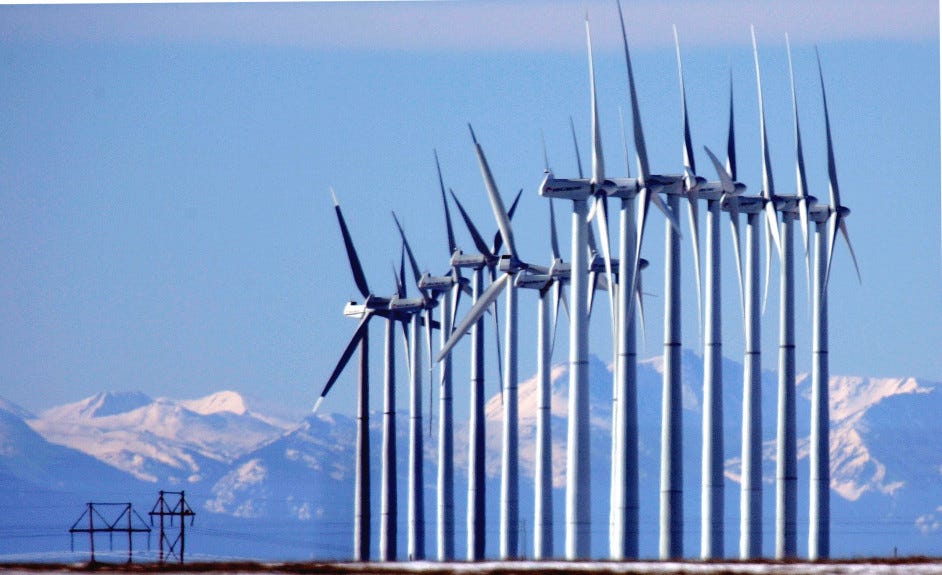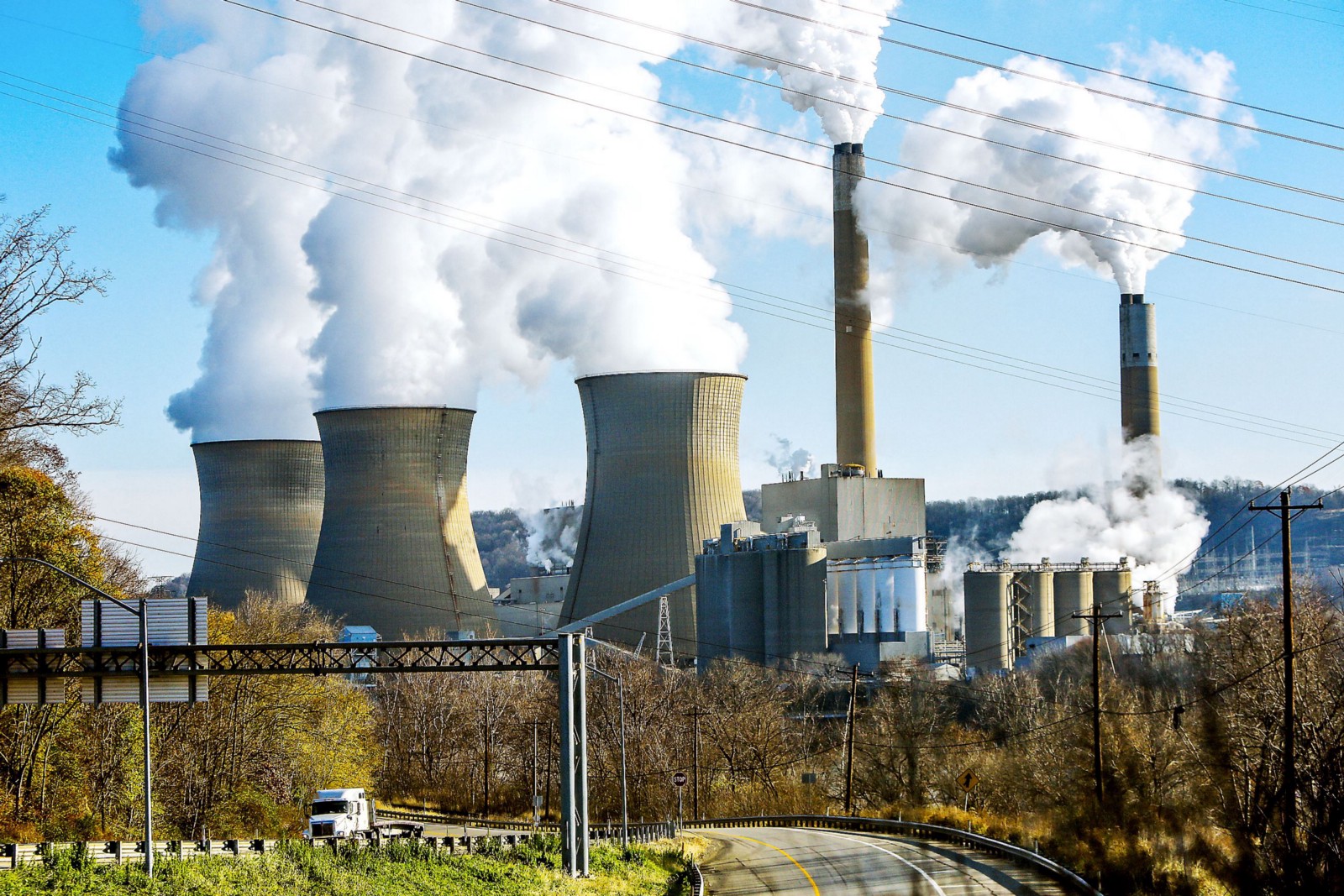By PLANistas Kyra Rehard and Gianni Giuliano | Compete version published on Medium.com.
Scott Pruitt, the current Environmental Protection Agency administrator, has withdrawn Obama’s signature Clean Power Plan (CPP) from federal legislation. The CPP aimed for national reduction of greenhouse gas emissions by establishing state-by-state goals in partnership with the regulations outlined in the Clean Air Act. 25 states have already met or exceeded their respective goal. Additionally, states that were not entirely for the policy are also projected to meet the emissions reduction goal. On the other hand, in 2014, 40% of national carbon emissions were produced from just 12 states alone, including West Virginia and Texas which are coal powerhouses. Though many cities and states insist on shifting their energy economy to renewables, the repeal of the CPP will possibly repress intentional initiatives, preventing emission reductions to fall below the projected 32% decrease. Closures of coal power plants in Colorado have made room for jobs in renewable energy sectors. The governor of Colorado insists that the state’s air is cleaner in addition to saving money. All other states would have responded with the measures that Colorado is currently taking had the CPP been enforced permanently.

Trump states in the “America First Energy Plan” on the White House website: “We will use the revenues from energy production to rebuild our roads, schools, bridges and public infrastructure. Less expensive energy will be a big boost to American agriculture, as well.” The renewable energy sector is meant to be a cross-sectional, reestablishment and restructuring of systems that currently degrade our local communities. Renewable industries will collect revenue while aiding communities, whereas shale, oil, and natural gas will bring in revenue while producing contaminants to local waters and soil, hence there will be a need to allocate extra money for potential toxic substance funds. The establishment of more non-renewable energy plants will certainly not “be a big boost to American agriculture” considering particulate matter and ozone smog from the current administration’s proposed coal power plants will pollute soil and water.
Call to Action
- Public comment on the repeal of the Clean Power Plan will be available for 60 days after publication. Methods for commenting can be found at the following link: https://www.epa.gov/stationary-sources-air-pollution/clean-power-plan-proposed-repeal-how-comment
- Join NRDC in fighting for our planet’s future by sending a message to oppose Trump and Pruitt’s anti-environment agenda:Tell Trump & Pruitt you’re ready to fight for our environment!
Tell President Trump & EPA Administrator Pruitt that you’ll fight back against any attacks on our environment, our…act.nrdc.org - To learn more about current environmental issues and efforts, as well as other means of direct action visit PLAN’s Environmental Justice page.
Gianni Giuliano is currently studying Environmental Science at UNR. Her interests include environmental justice, climate change mitigation, social justice, and cultural re-appropriation.

